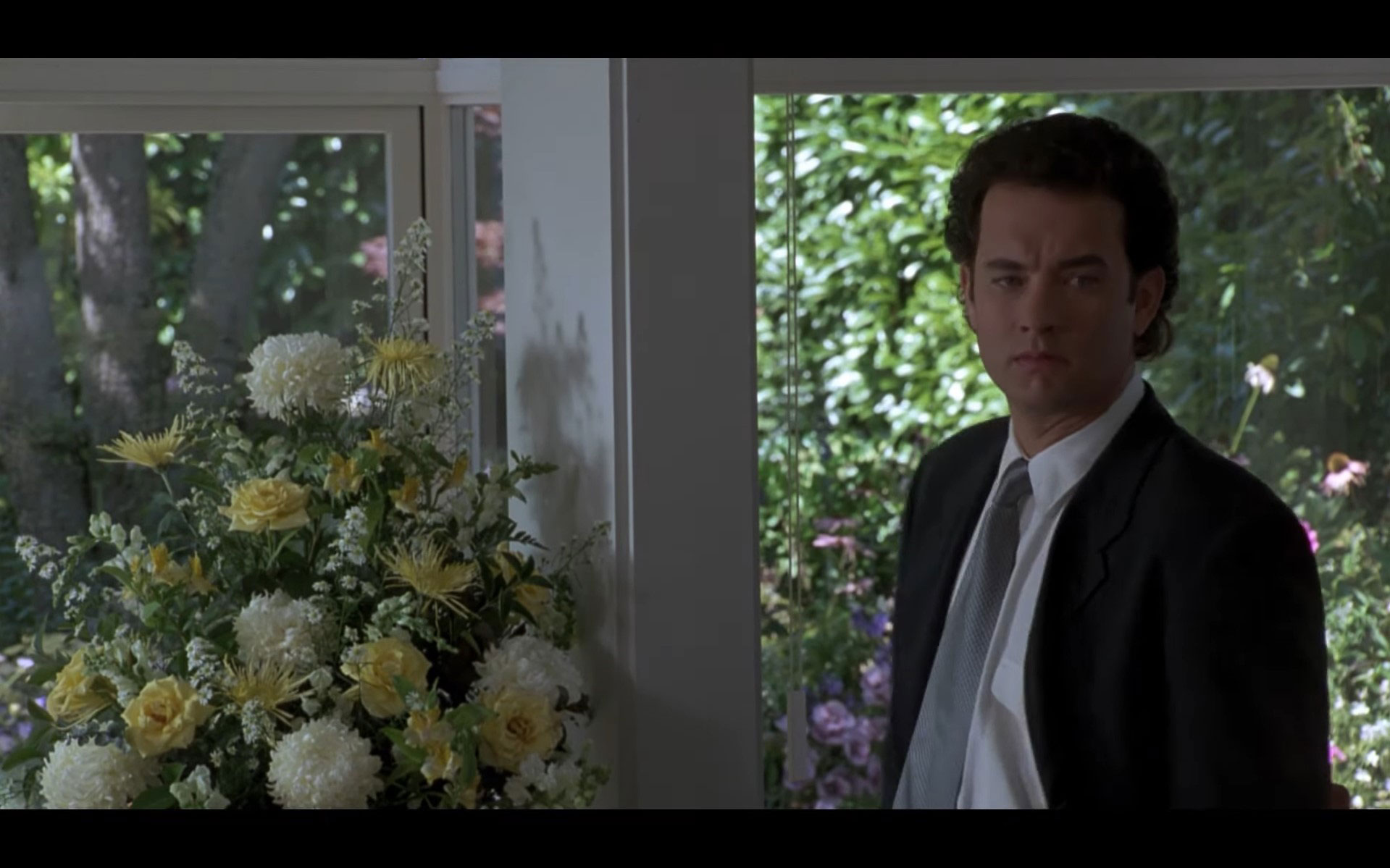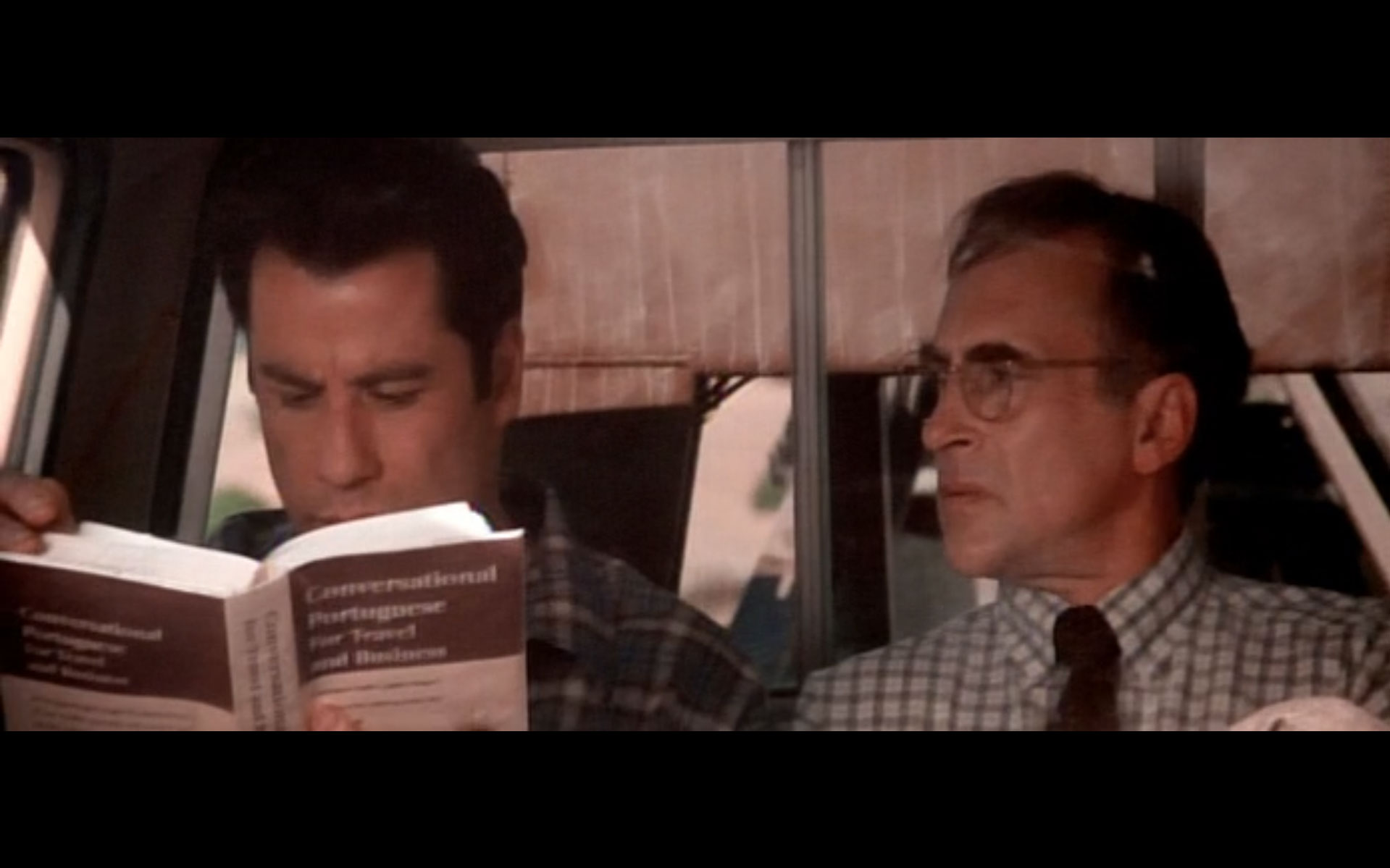
Romance Movies
Romance movies center on love, connection, and emotional intimacy, making them one of the most enduring and emotionally resonant film genres. Whether lighthearted or tragic, realistic or fantastical, these films explore the complexities of human relationships—often focusing on how love begins, evolves, and is tested by time, circumstance, or personal growth.
Classic romances like Casablanca (1942), Gone with the Wind (1939), and Roman Holiday (1953) have set timeless standards, combining sweeping storytelling with iconic performances. These early films often emphasized grand gestures, forbidden love, and the sacrifices made for romance.
Modern romance movies offer a wide variety of tones and settings. Romantic comedies (rom-coms) like When Harry Met Sally, Notting Hill, and 10 Things I Hate About You blend humor with heartfelt storytelling, often following the “will-they-won’t-they” formula toward a satisfying resolution. On the more dramatic end, films like The Notebook, Atonement, and La La Land delve into love complicated by external forces, personal ambition, or heartbreak.
Romance often blends with other genres: historical (Pride and Prejudice), fantasy (The Shape of Water), sci-fi (Her), and even action (Titanic). These hybrid films show how love can flourish in the most unlikely circumstances, emphasizing its universal appeal.
Romance films are driven by emotion—whether it’s the excitement of new love, the pain of loss, or the joy of reunion. Key themes include destiny, sacrifice, personal growth, and the transformative power of connection.
At their best, romance movies do more than offer escapism. They reflect our deepest desires, fears, and hopes about love and companionship. Whether they end in happily-ever-after or bittersweet separation, romance films continue to captivate audiences by reminding us that love—messy, magical, and meaningful—is at the heart of the human experience.

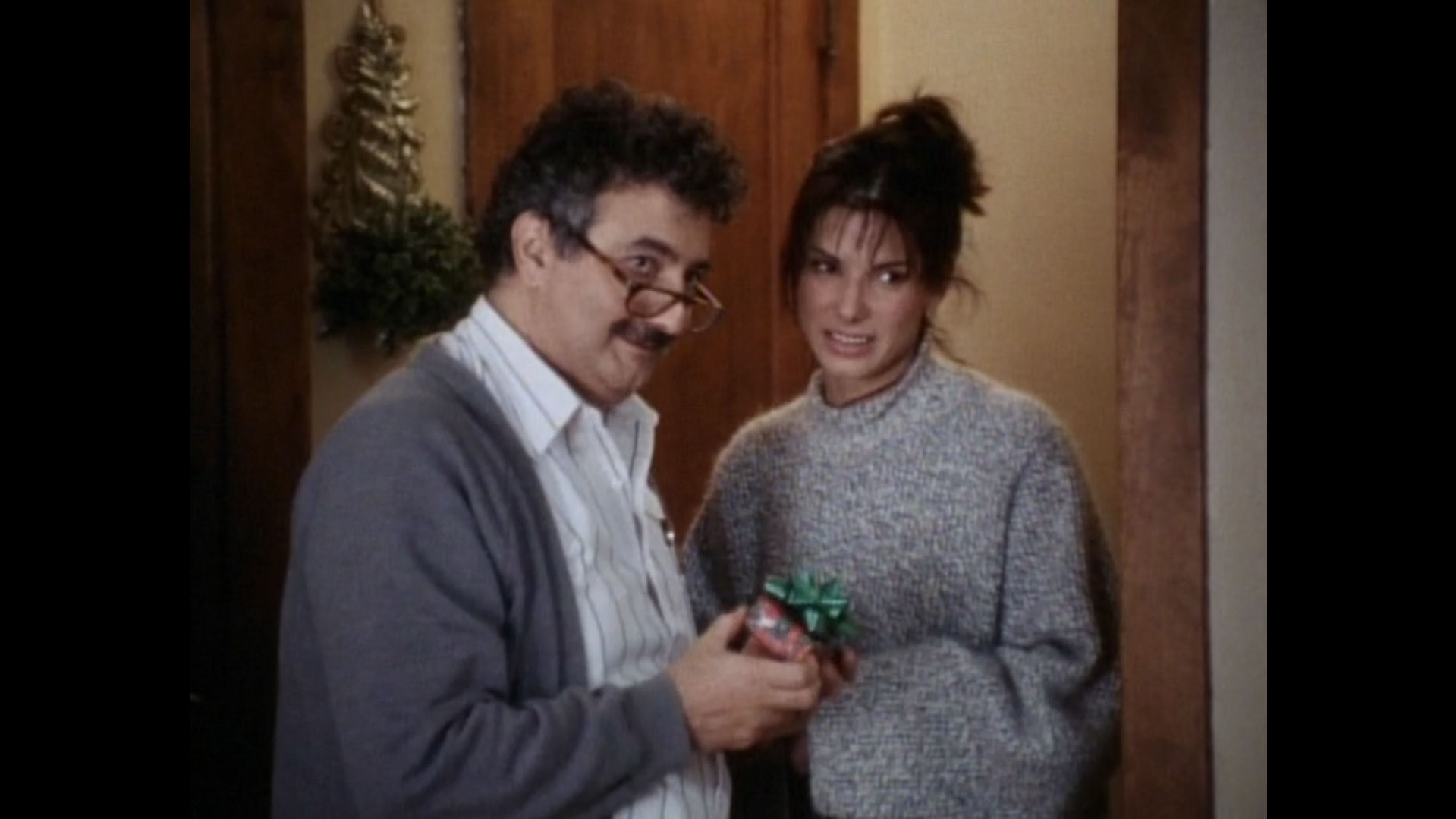
While You Were Sleeping
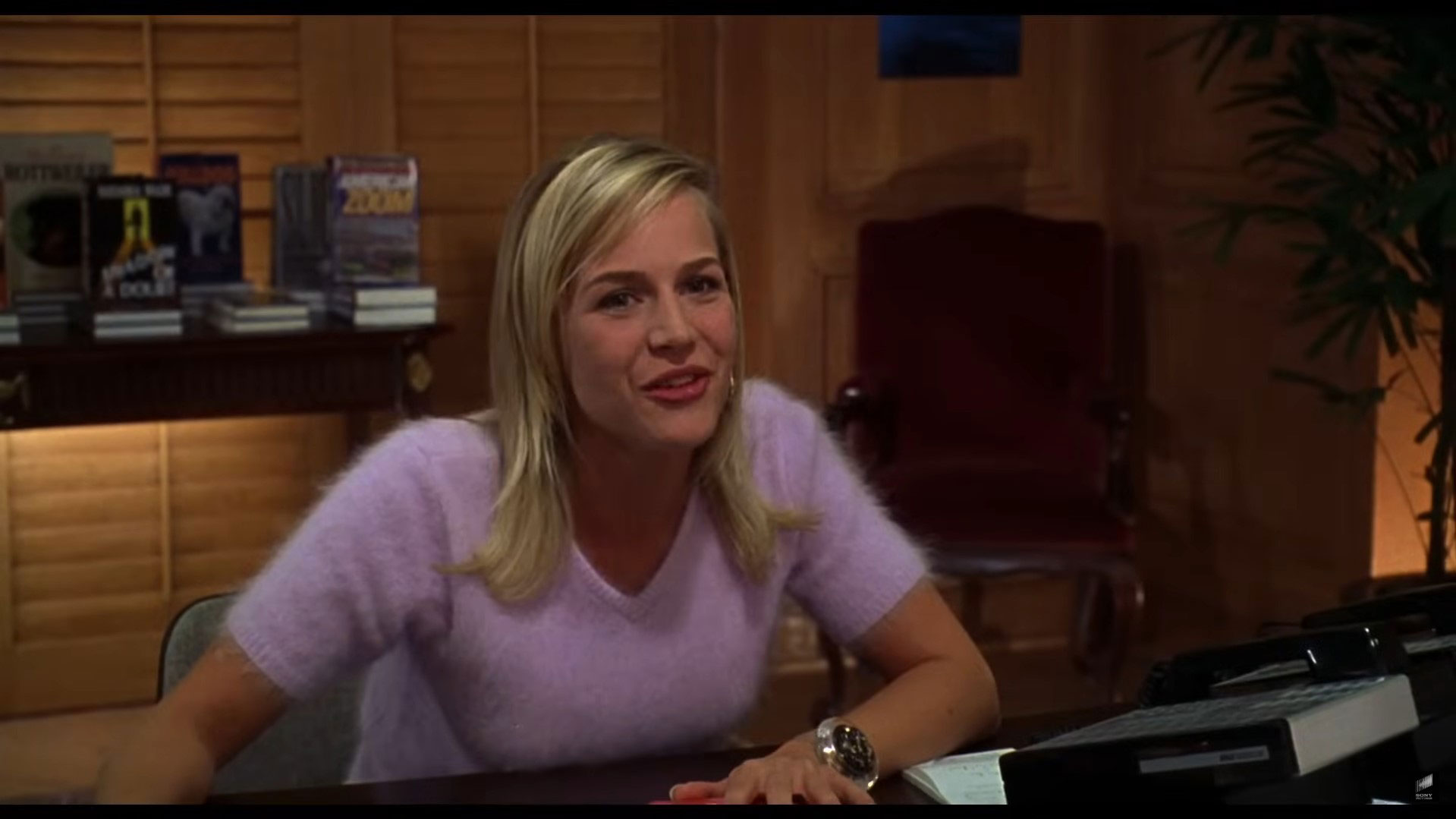
As Good as It Gets
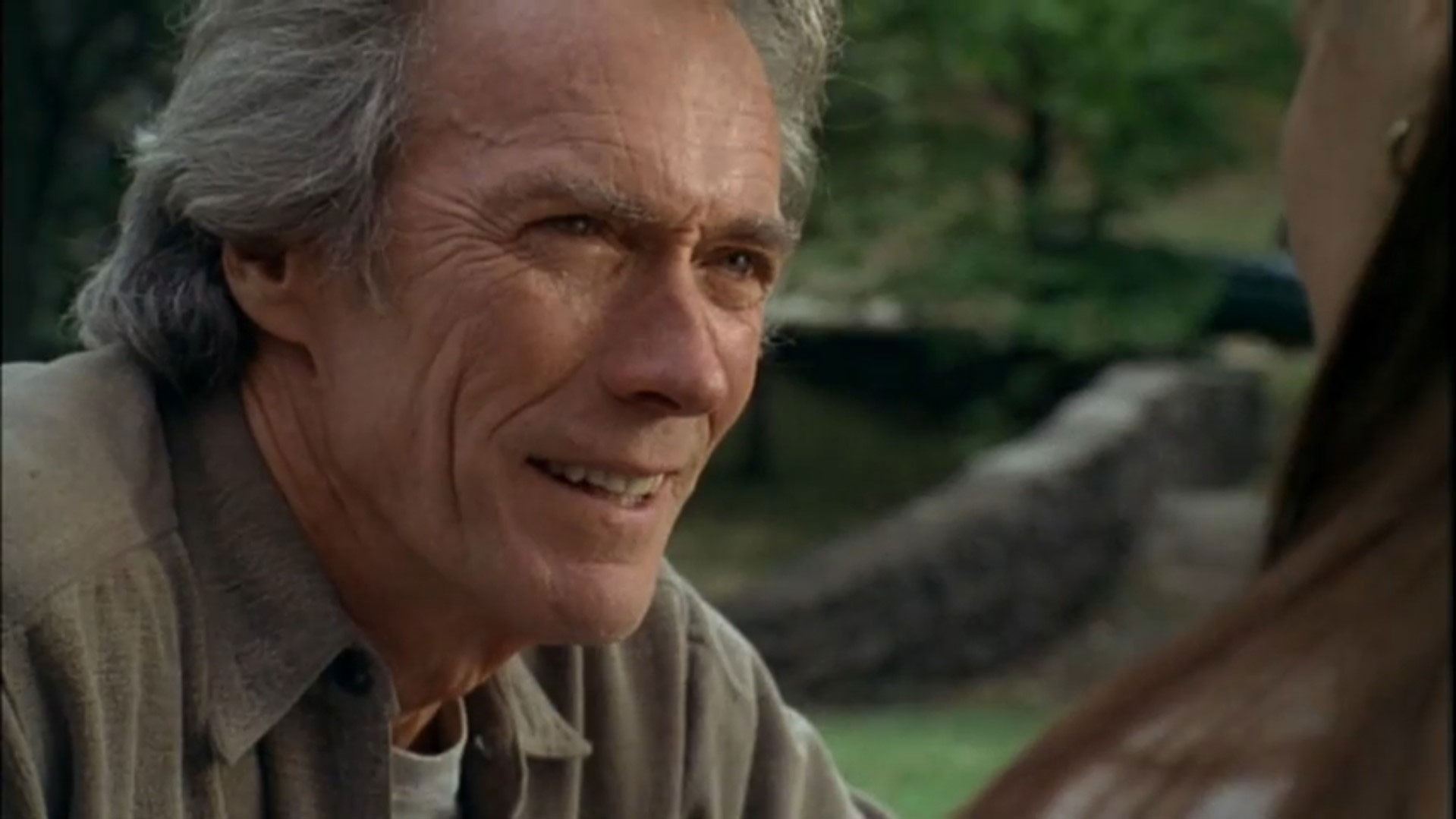
The Bridges of Madison County
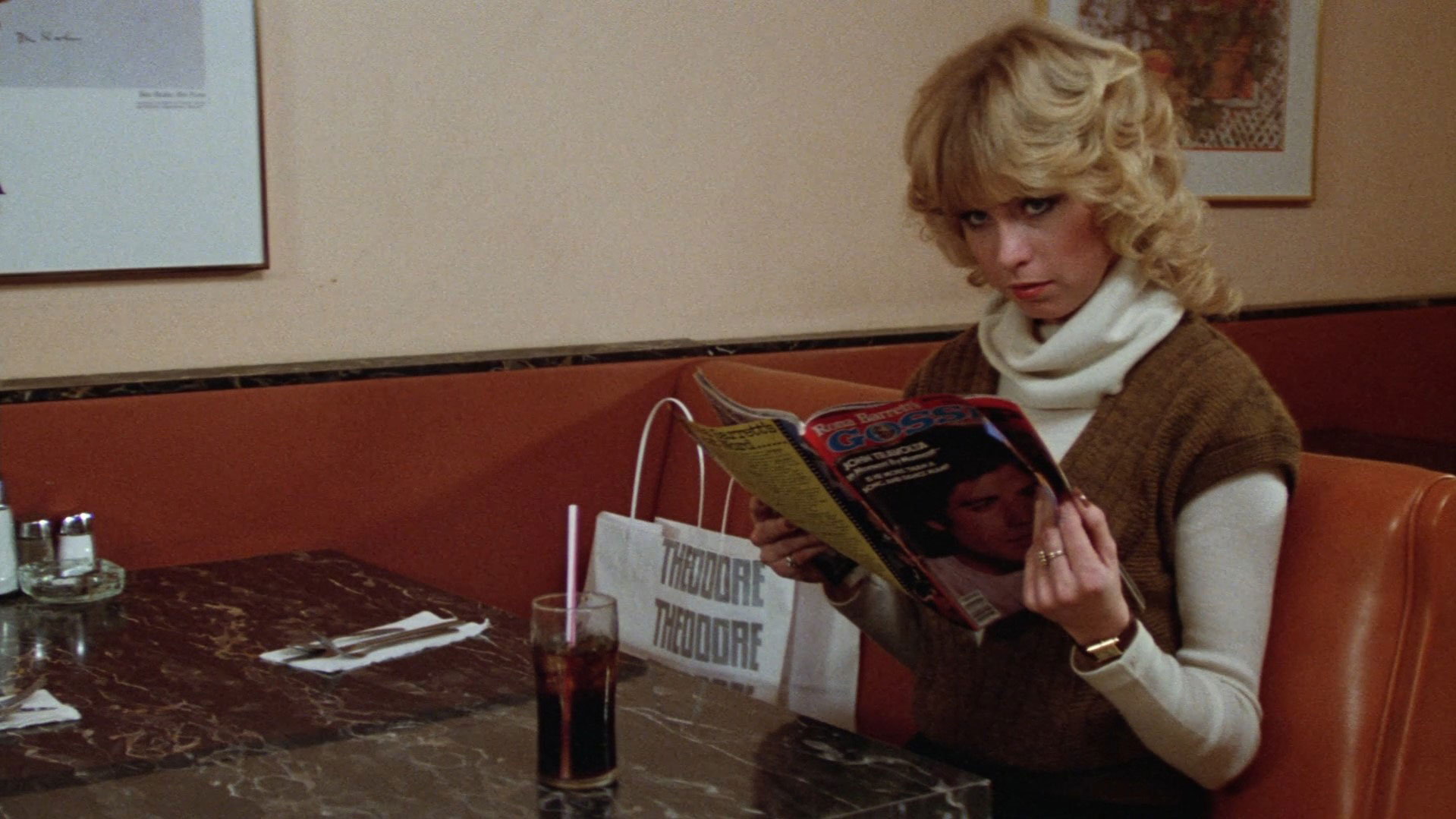
10
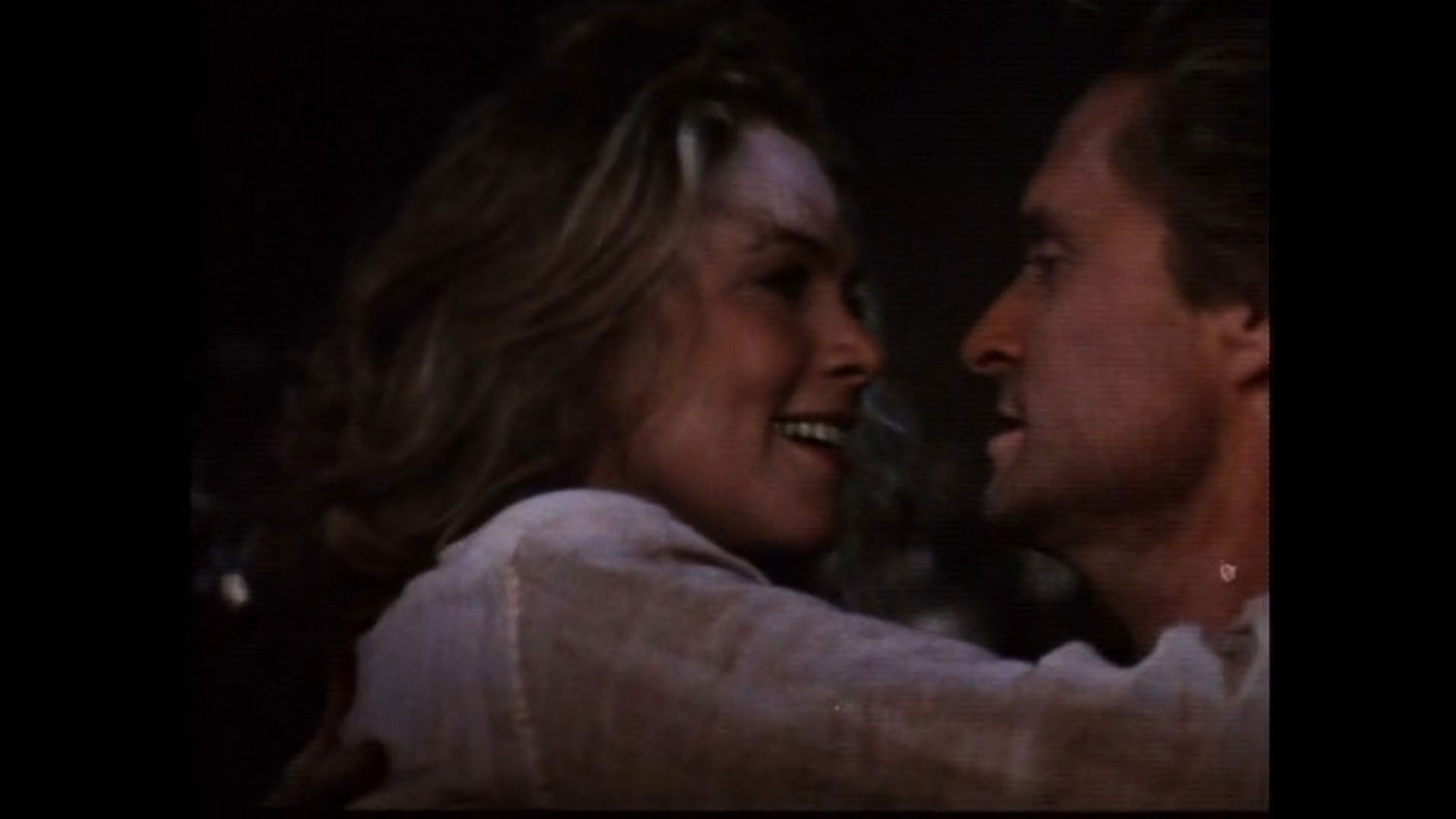
The Jewel of the Nile

Heart Eyes
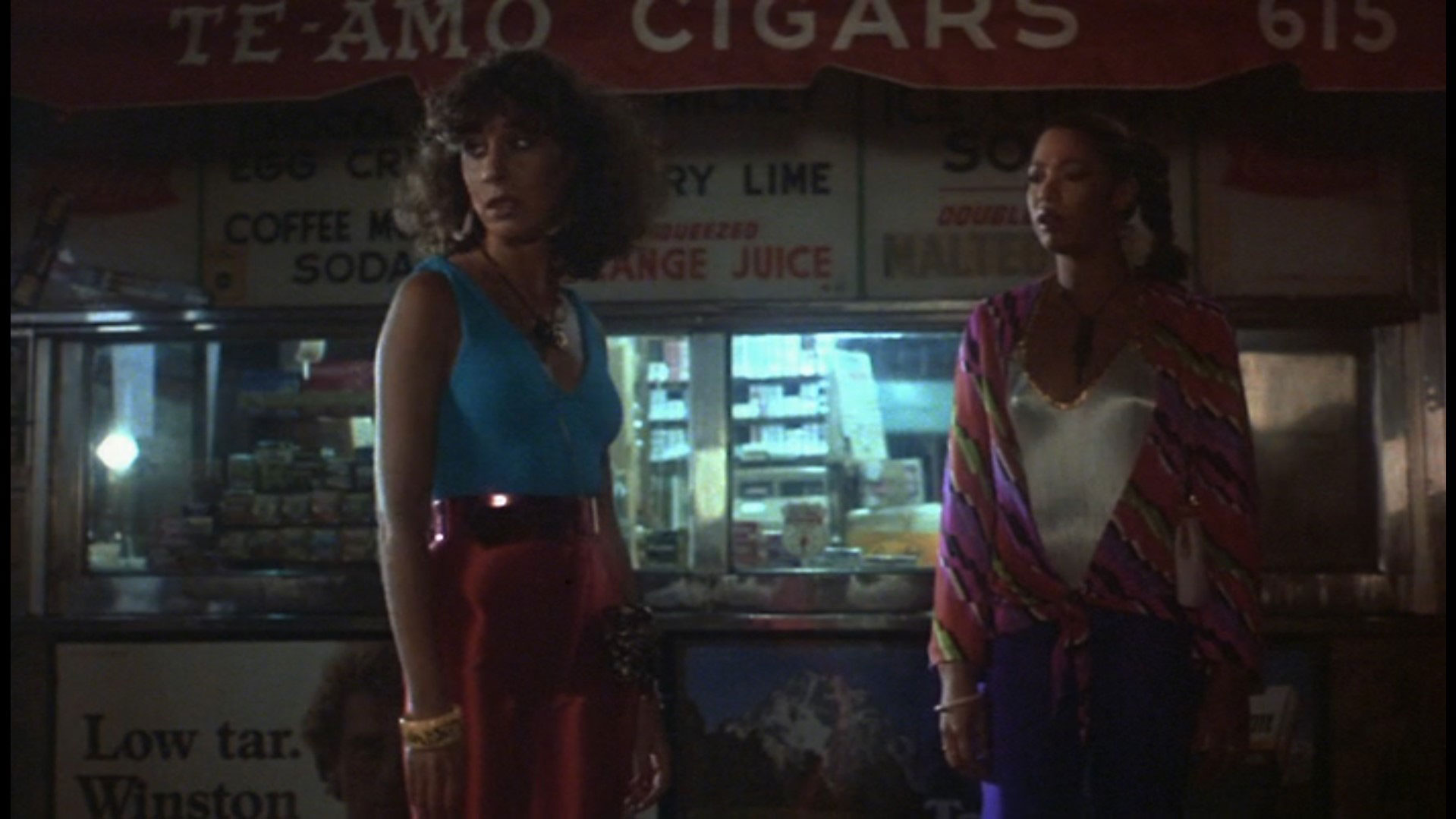
Arthur (1981)
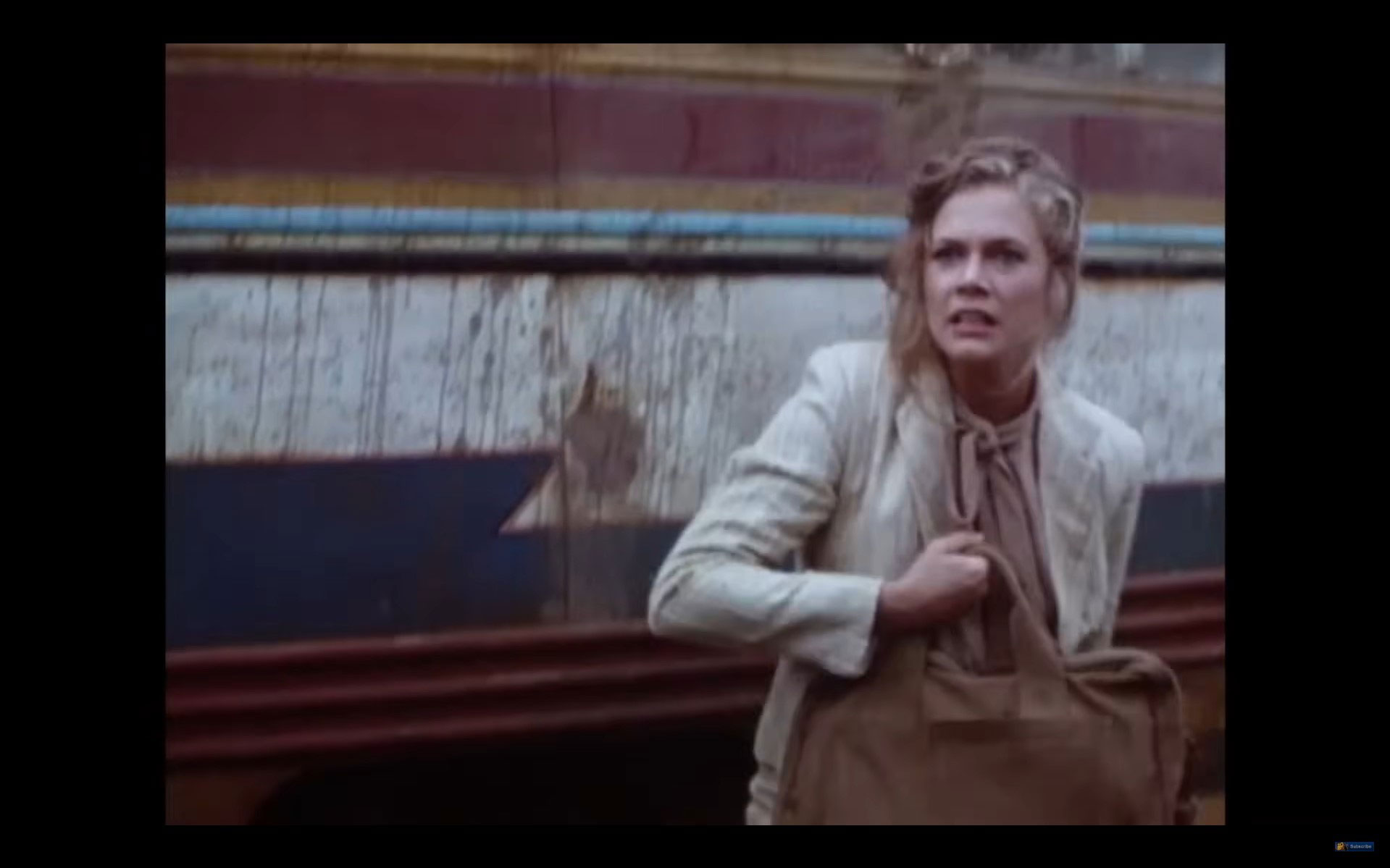
Romancing the Stone
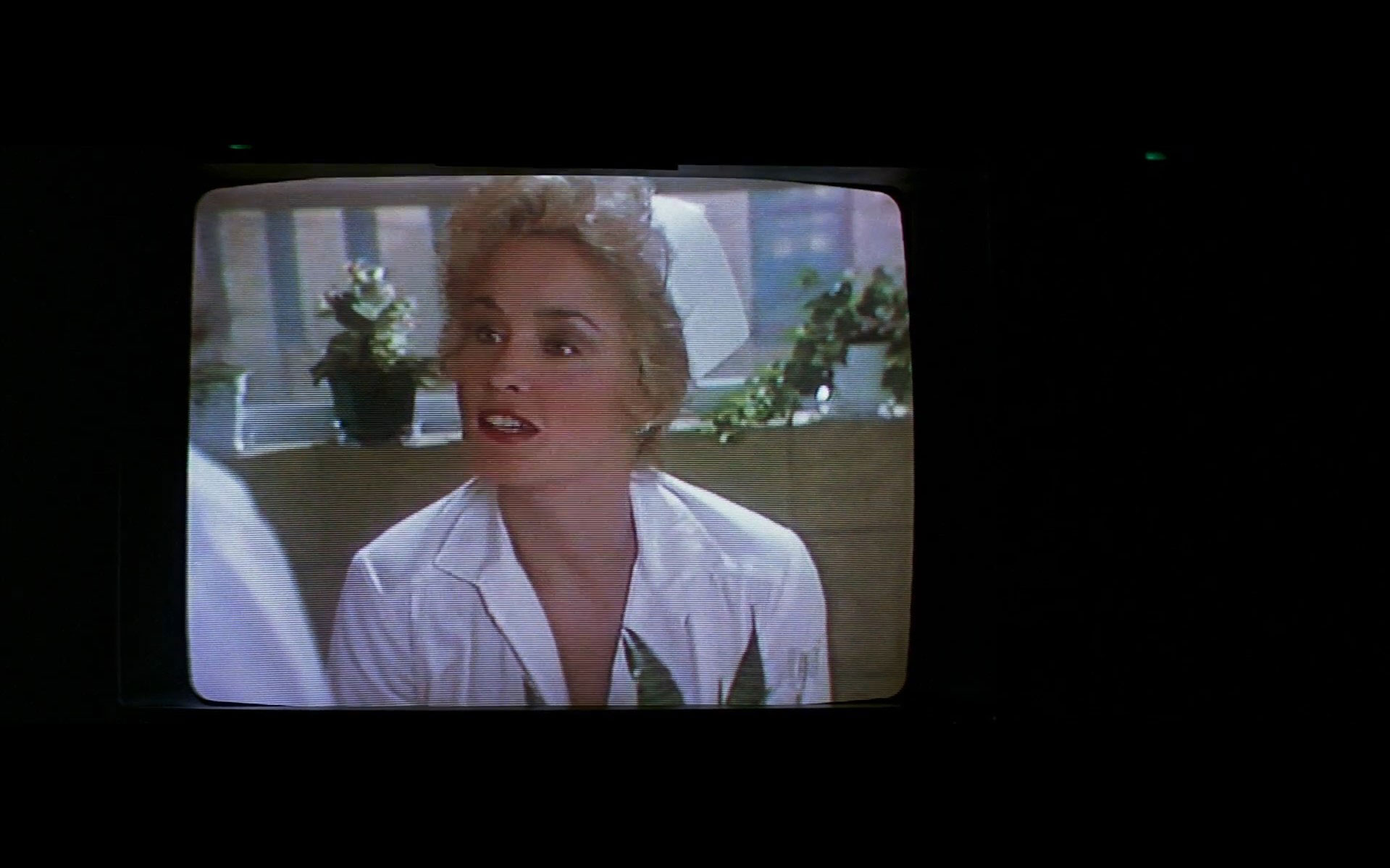
Tootsie
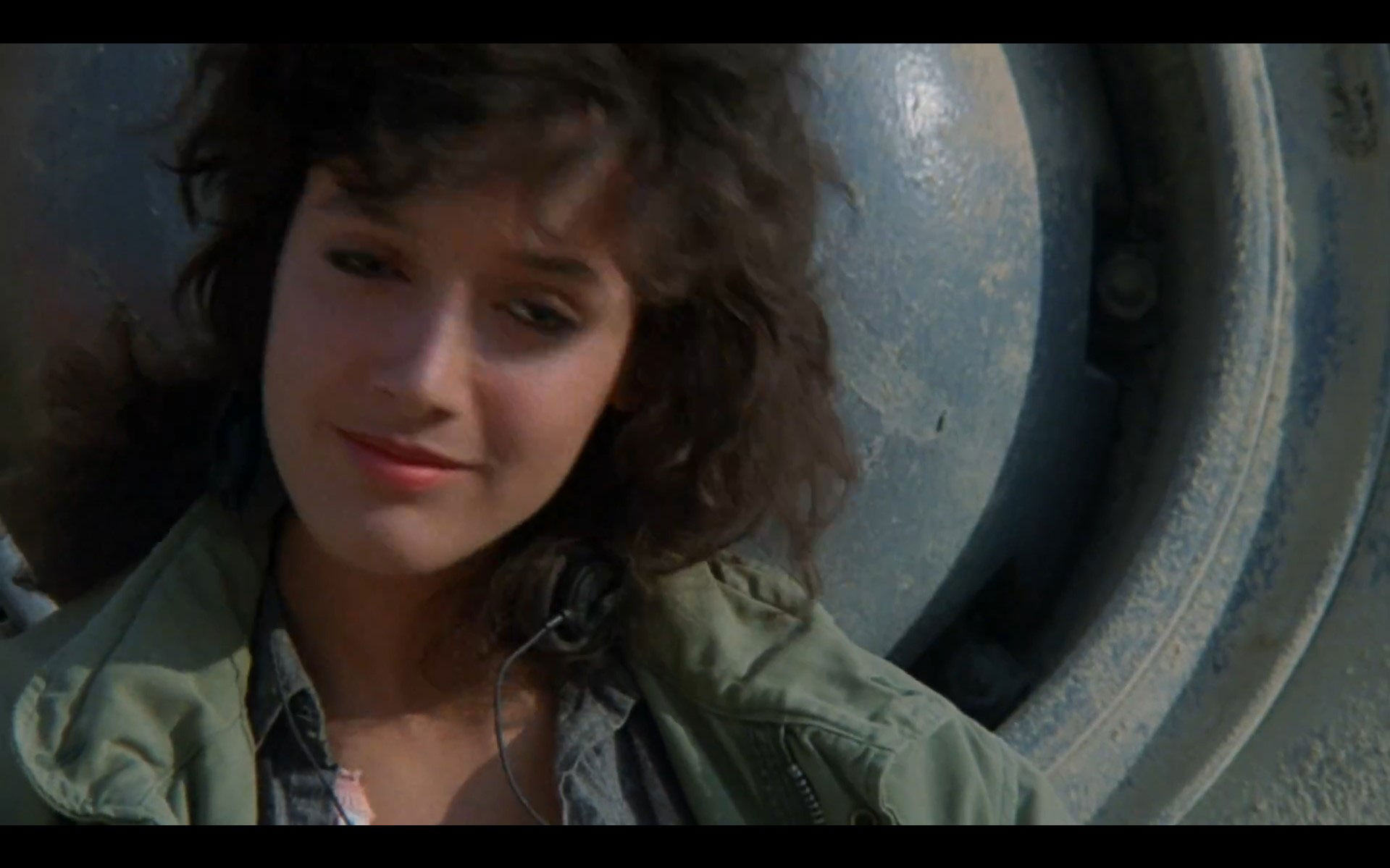
Flashdance
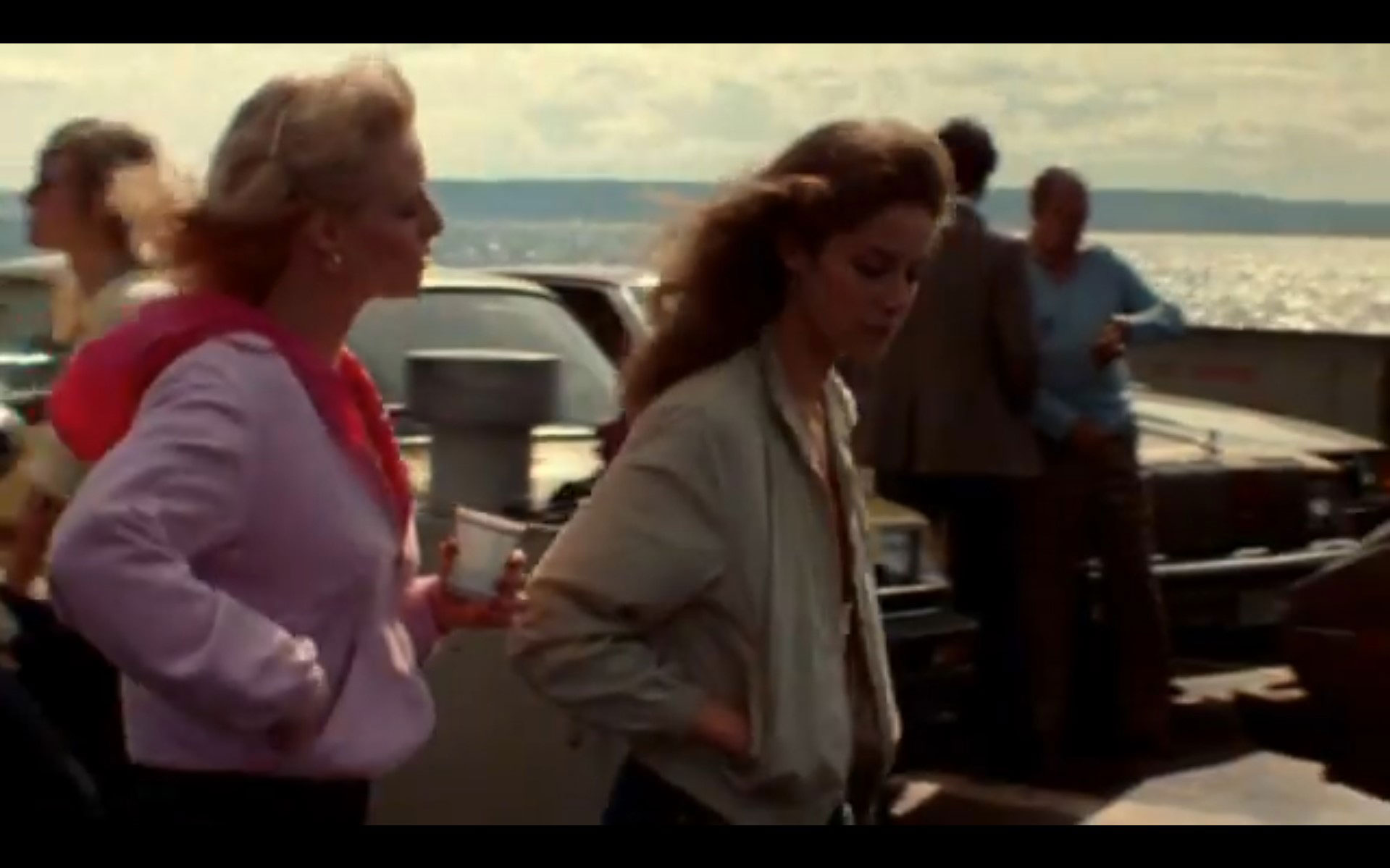
An Officer and a Gentleman
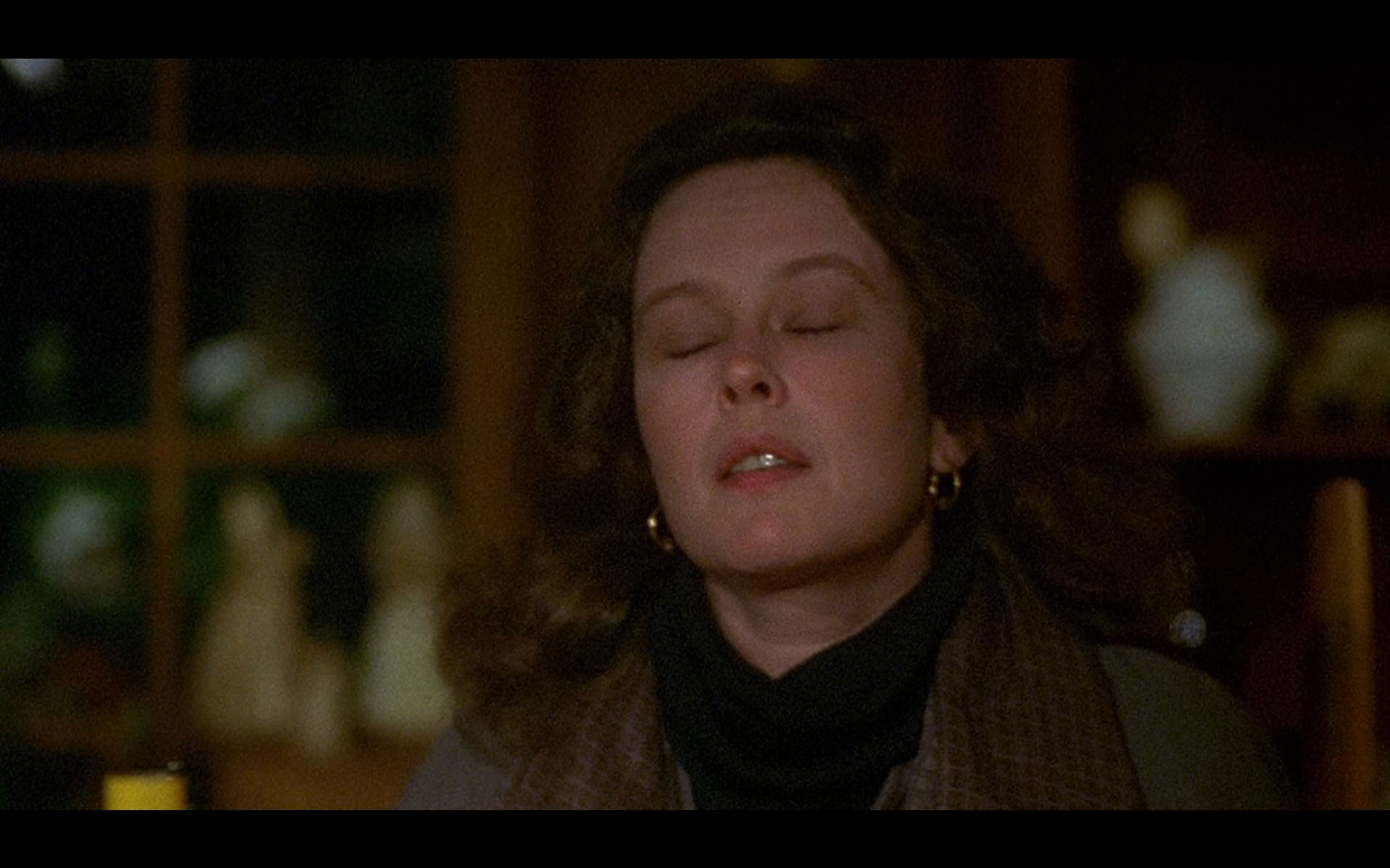
The Four Seasons

Anora
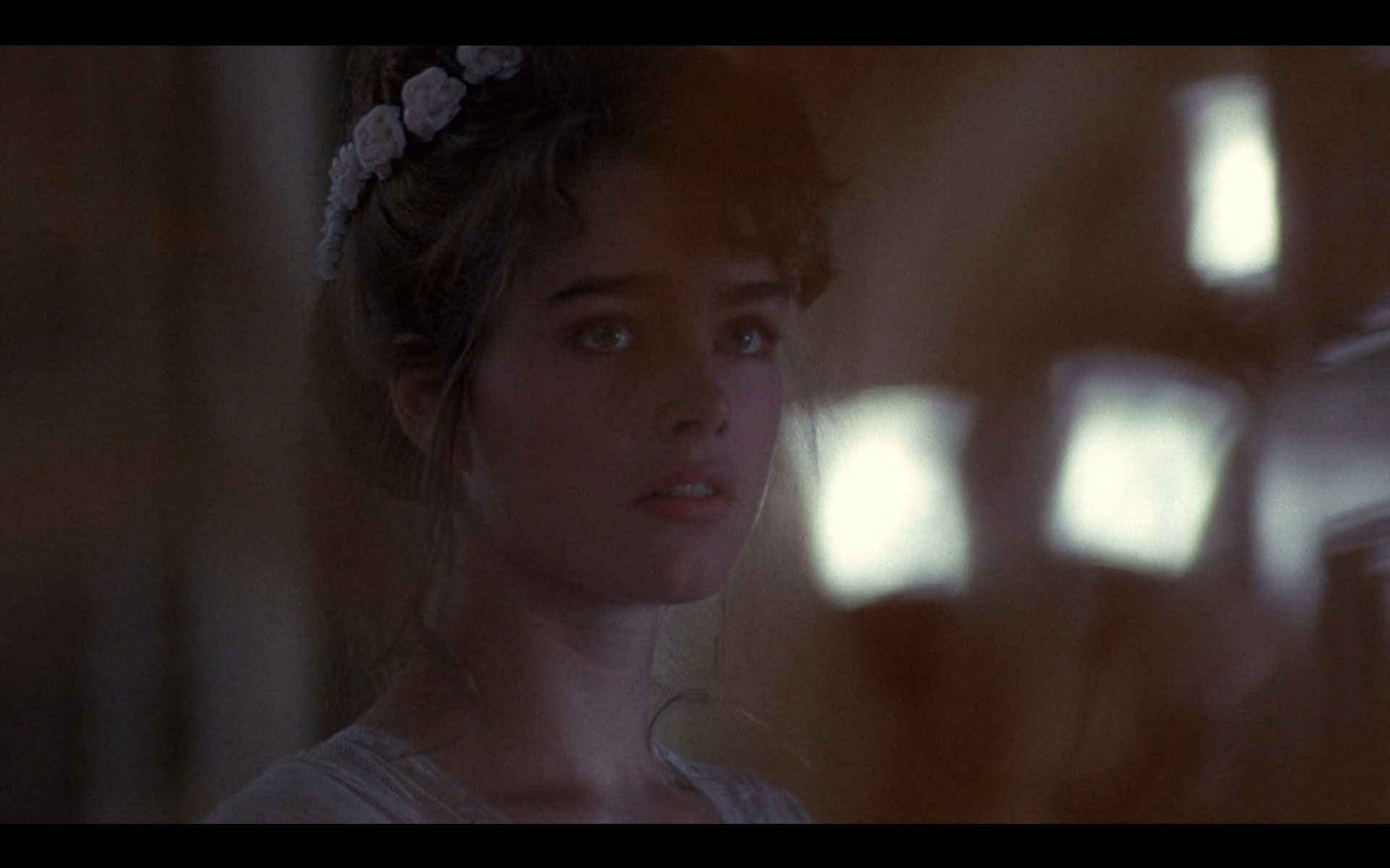
Endless Love (1981)
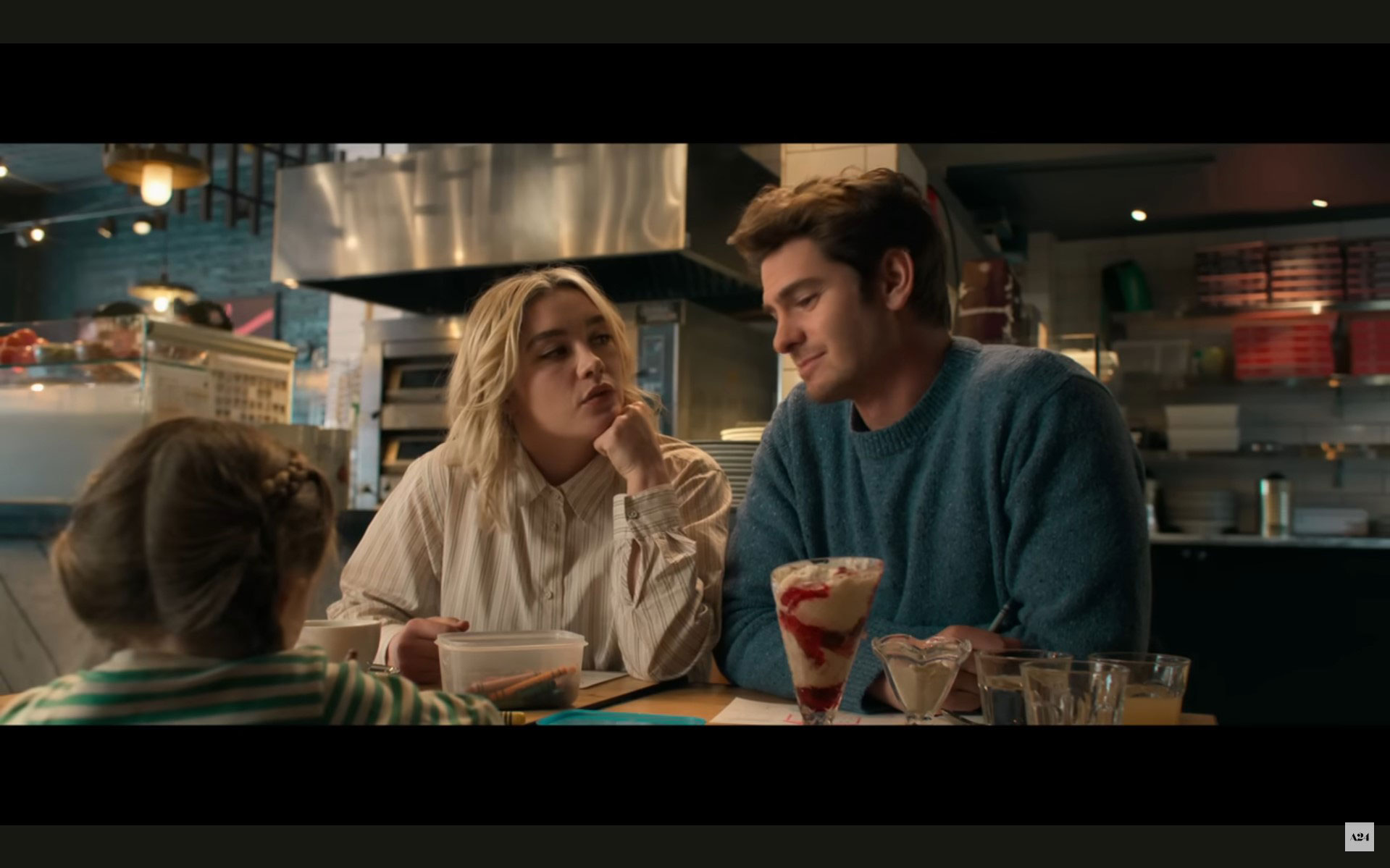
We Live in Time
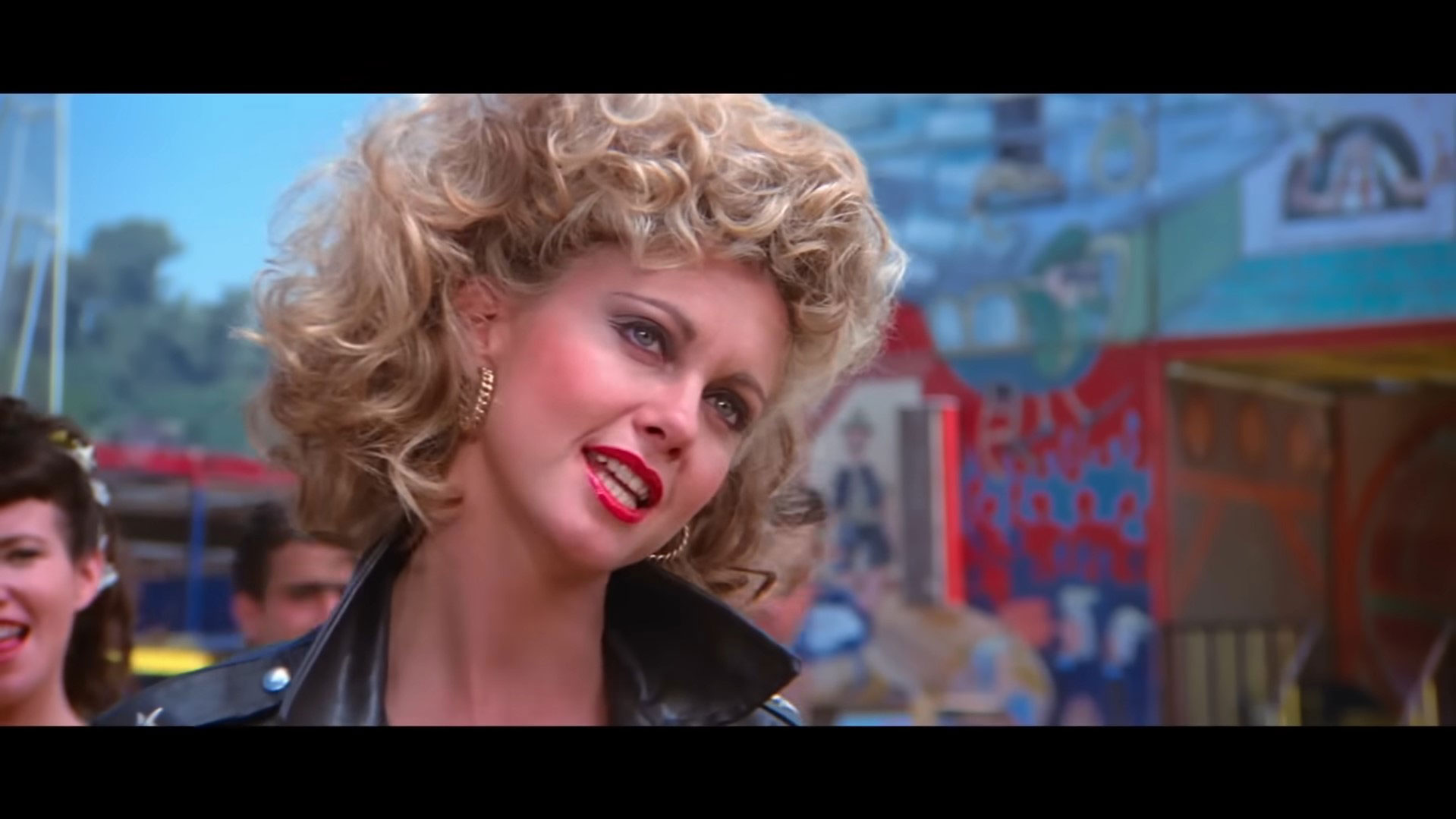
Grease
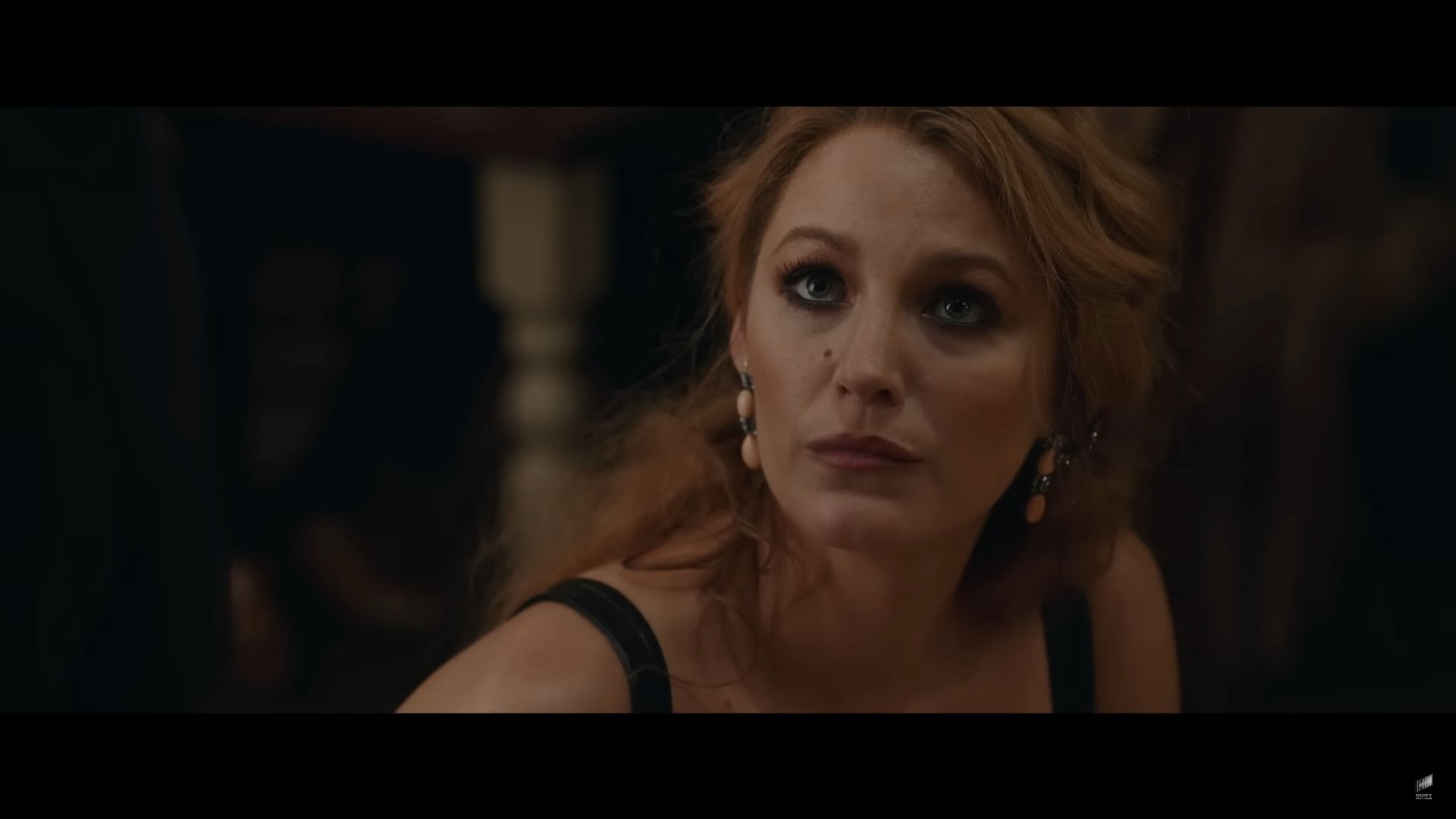
It Ends with Us
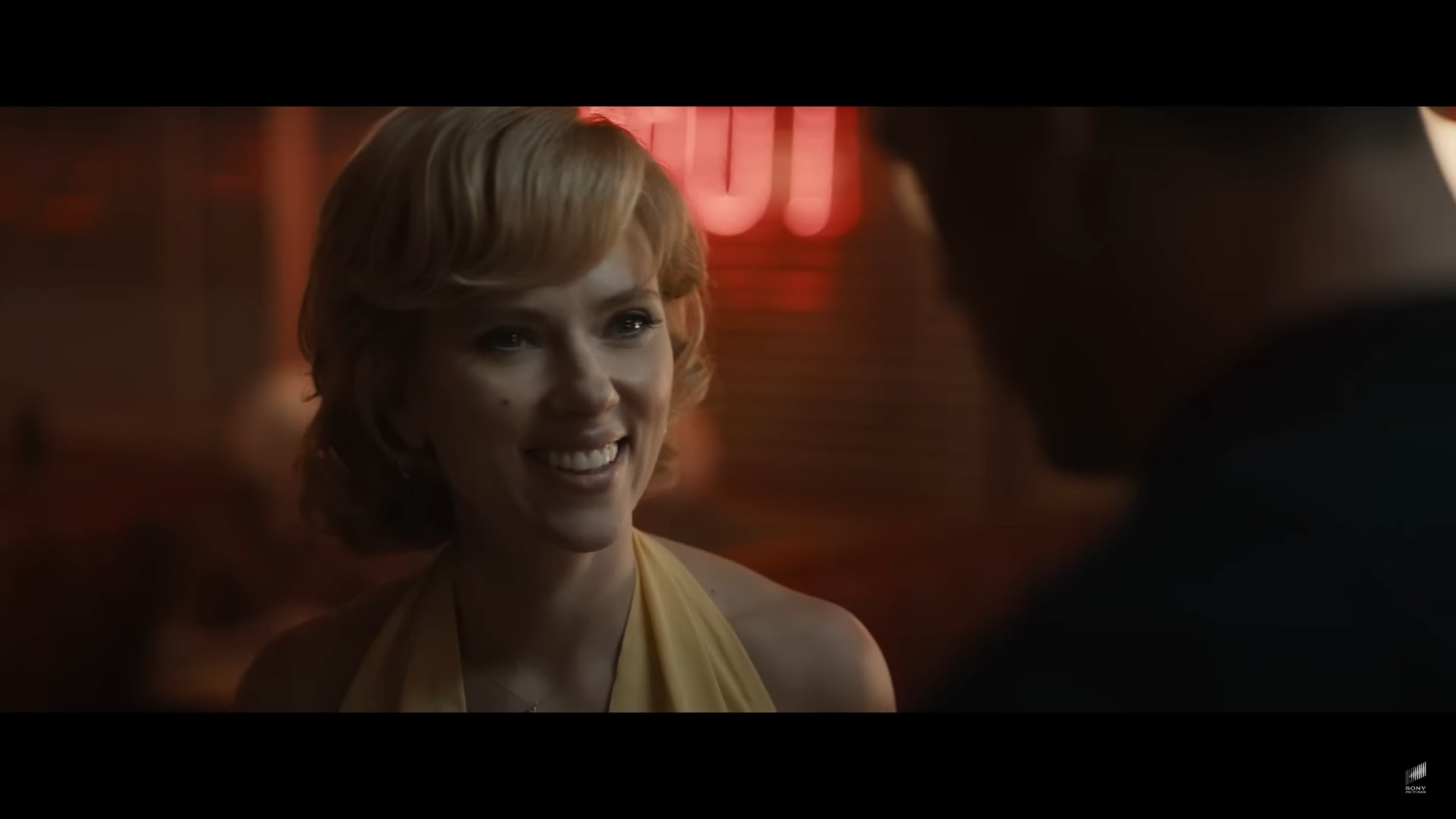
Fly Me to the Moon
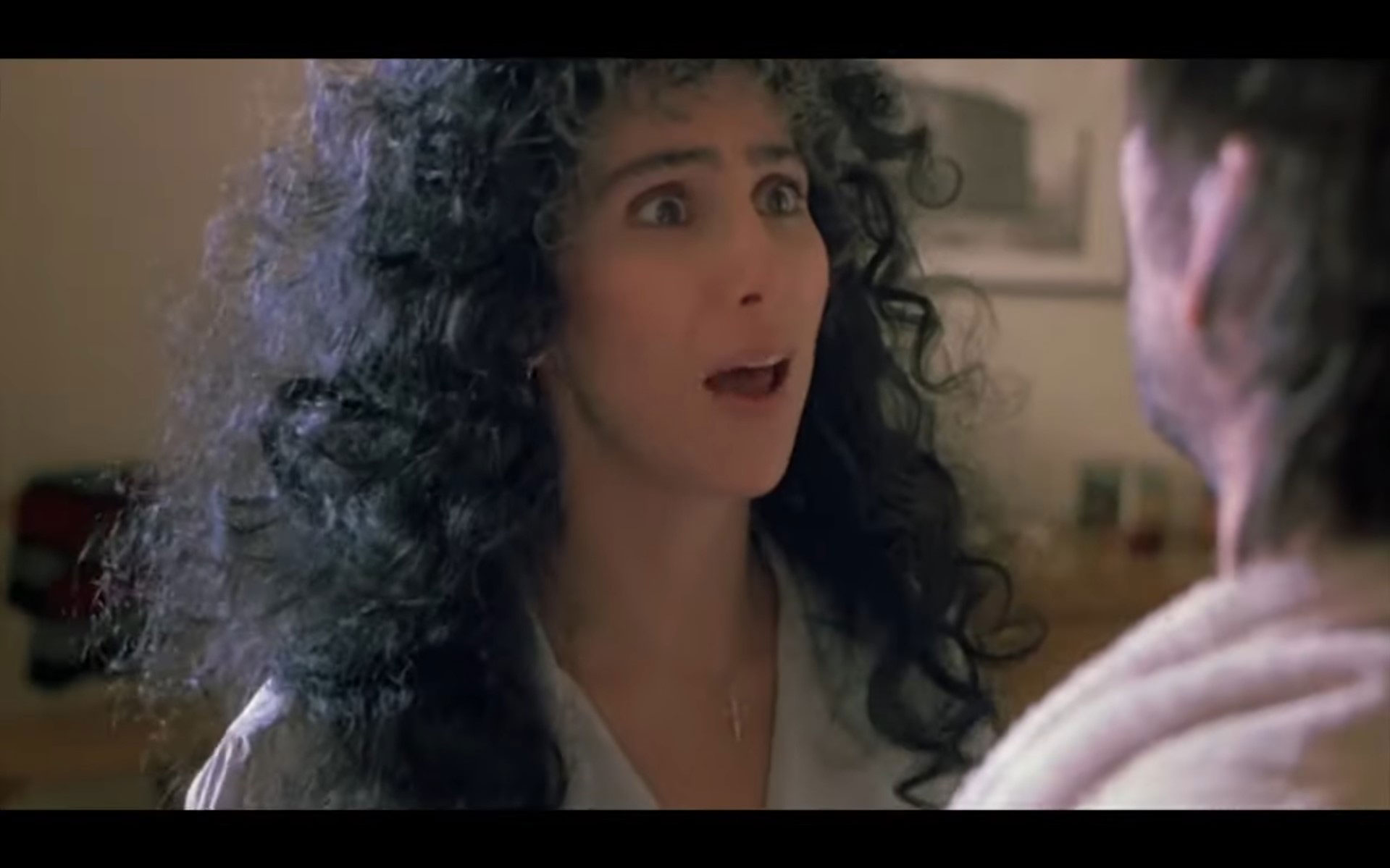
Moonstruck
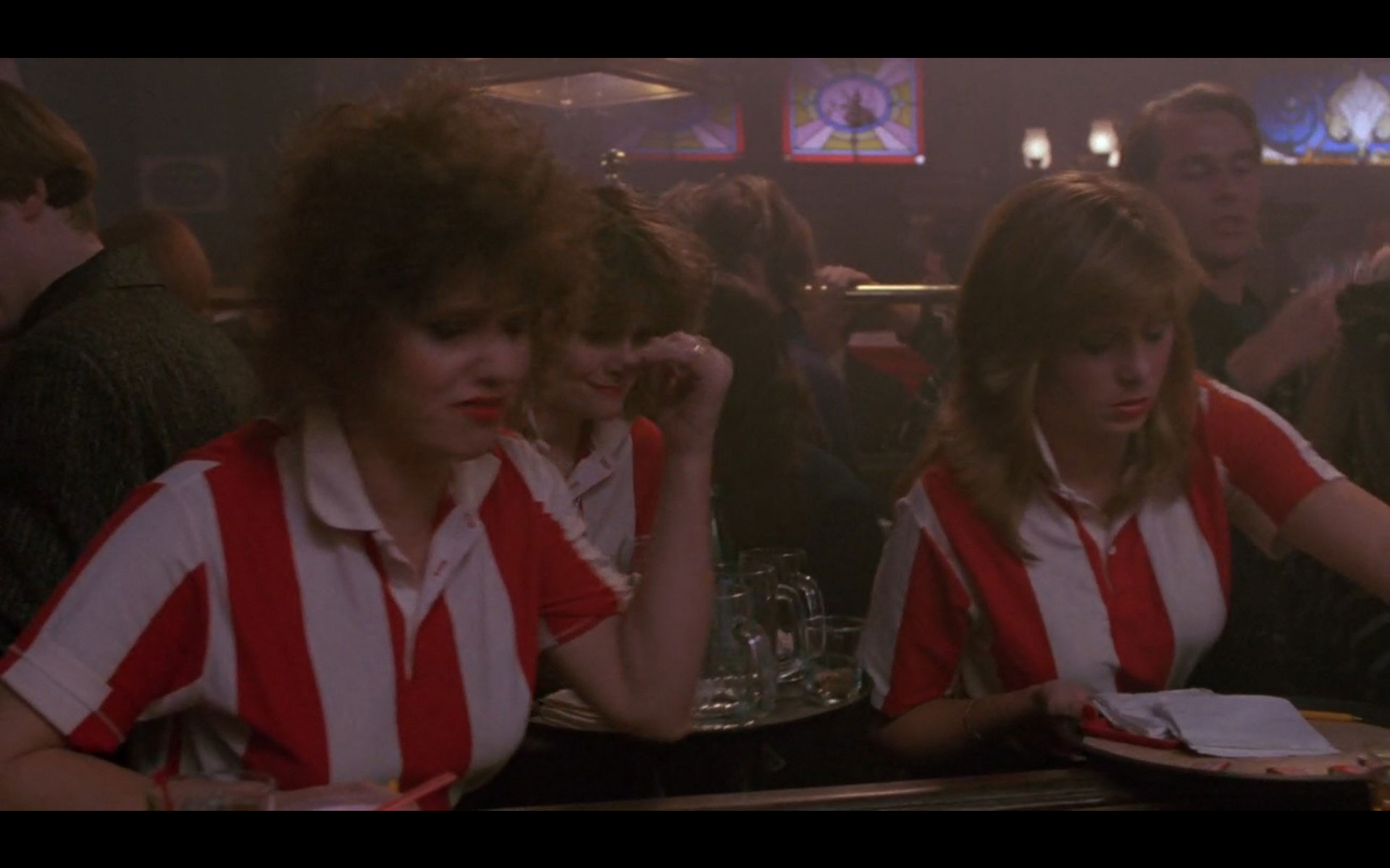
Cocktail
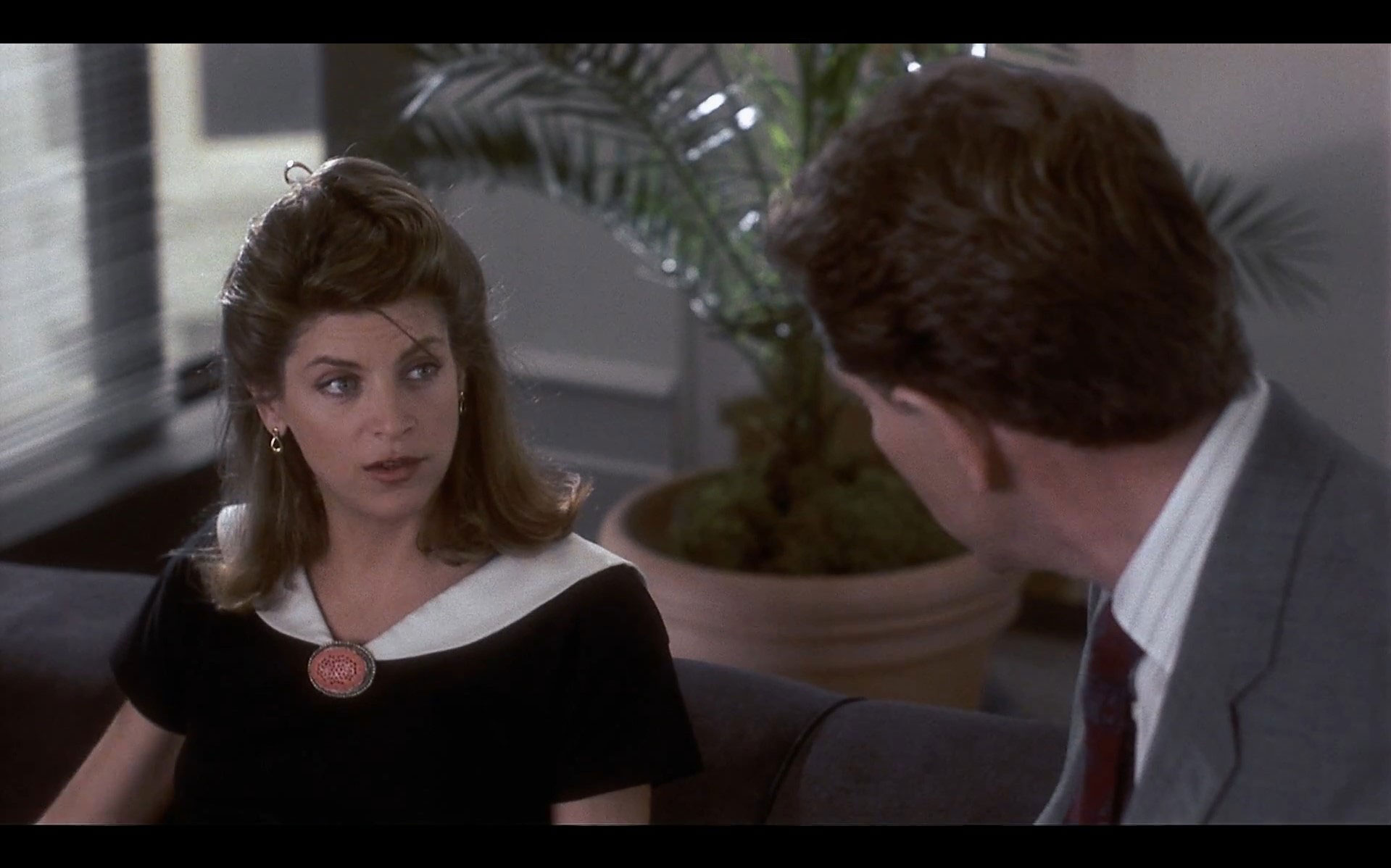
Look Who’s Talking
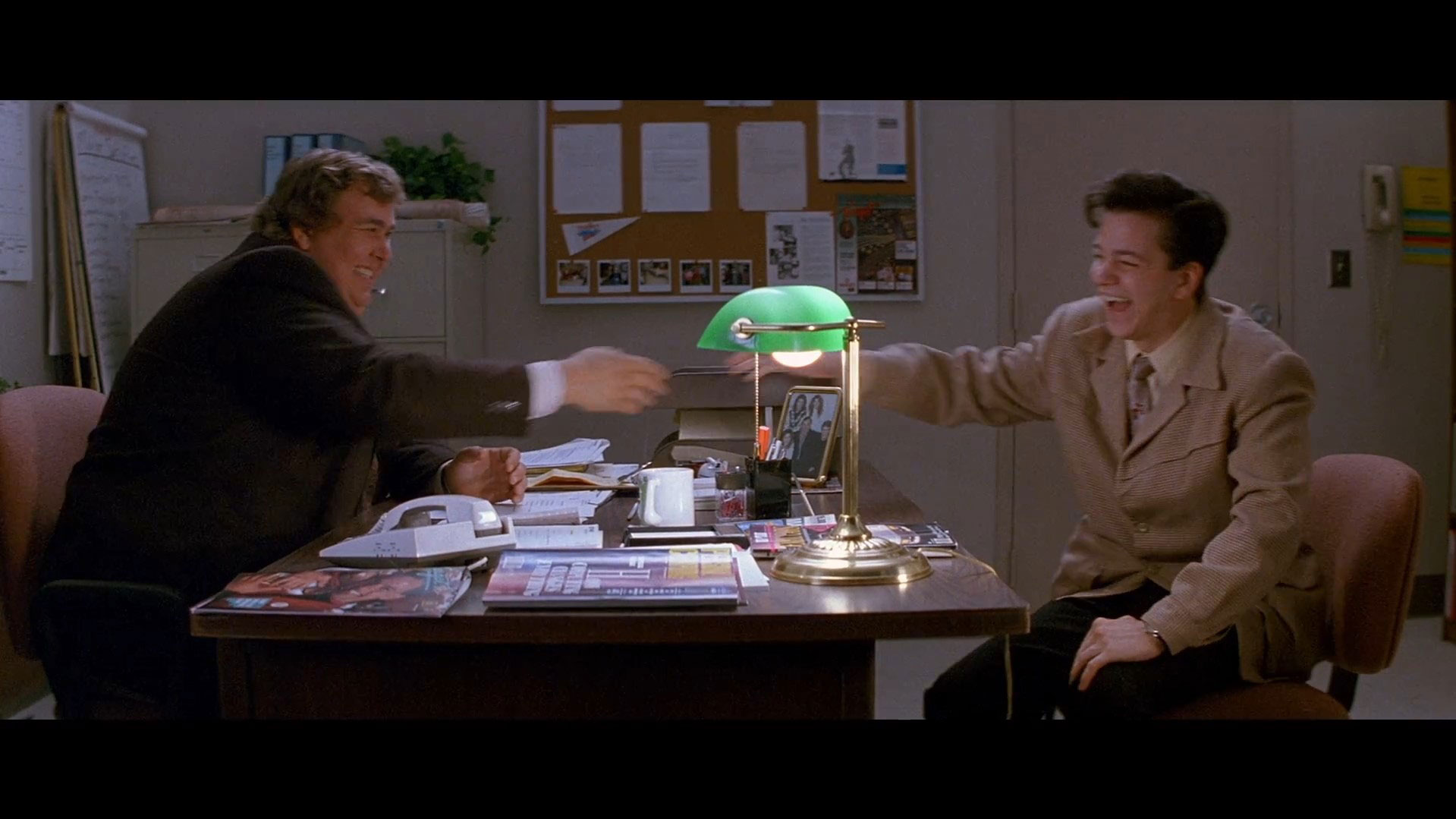
Career Opportunities
